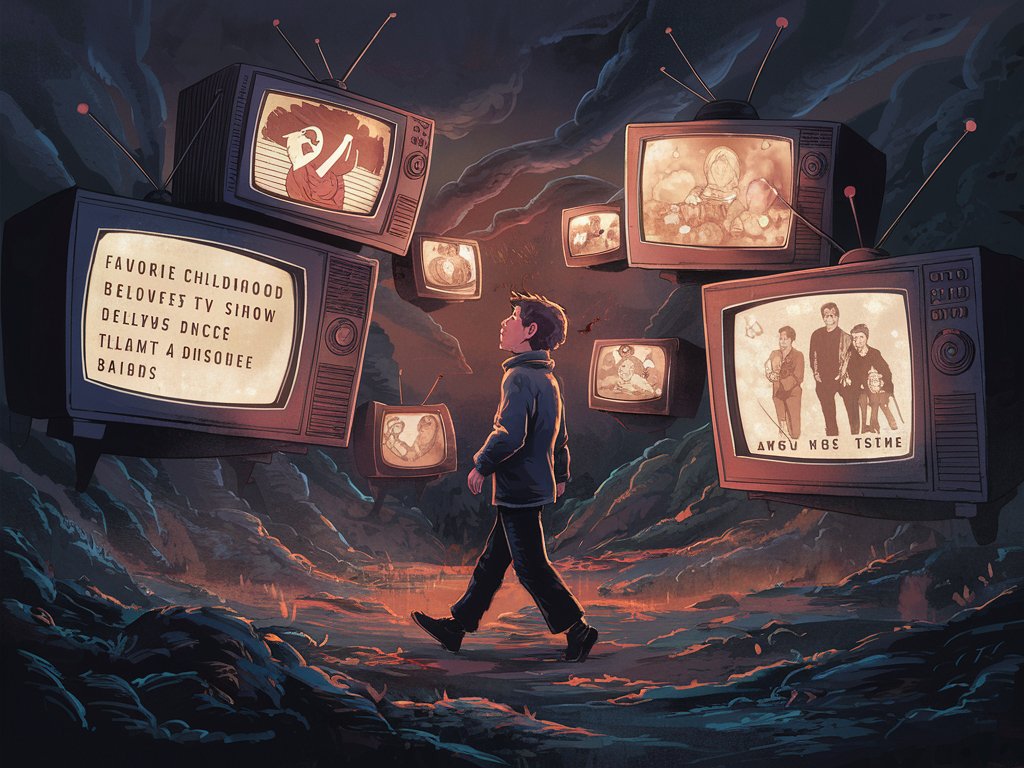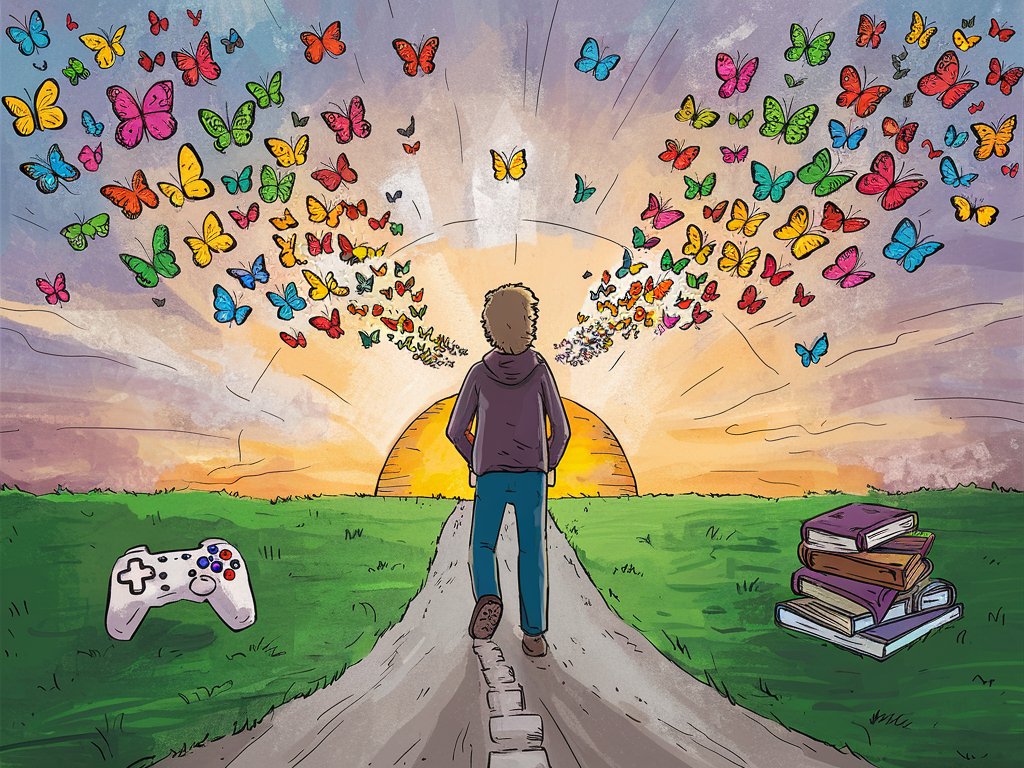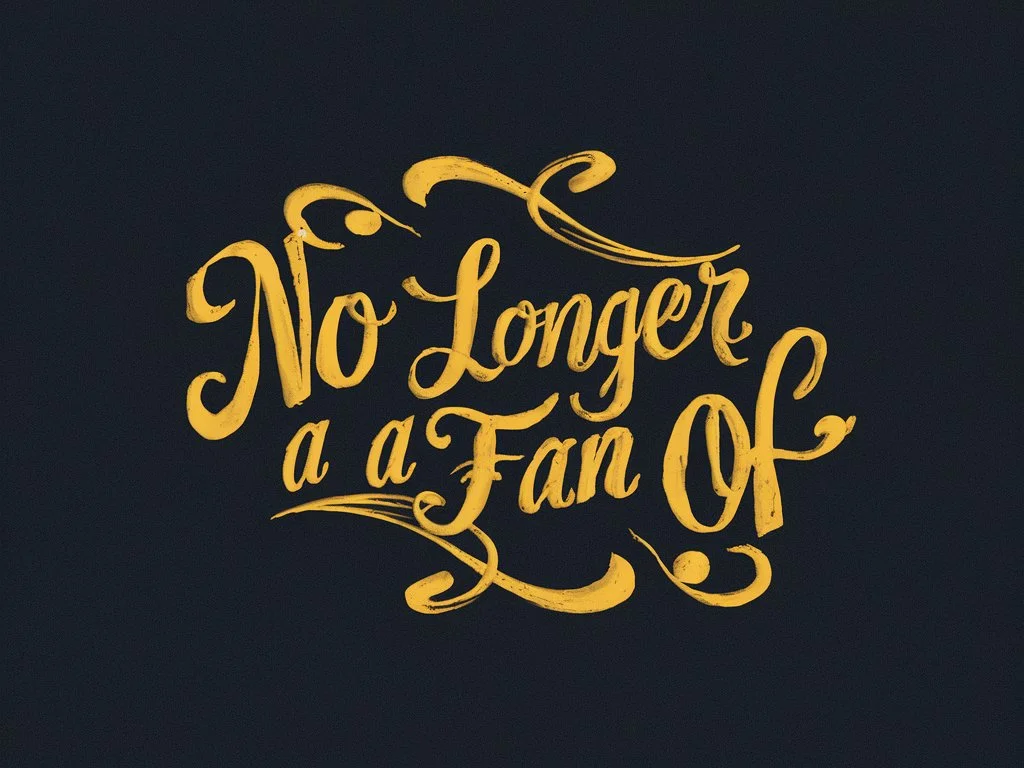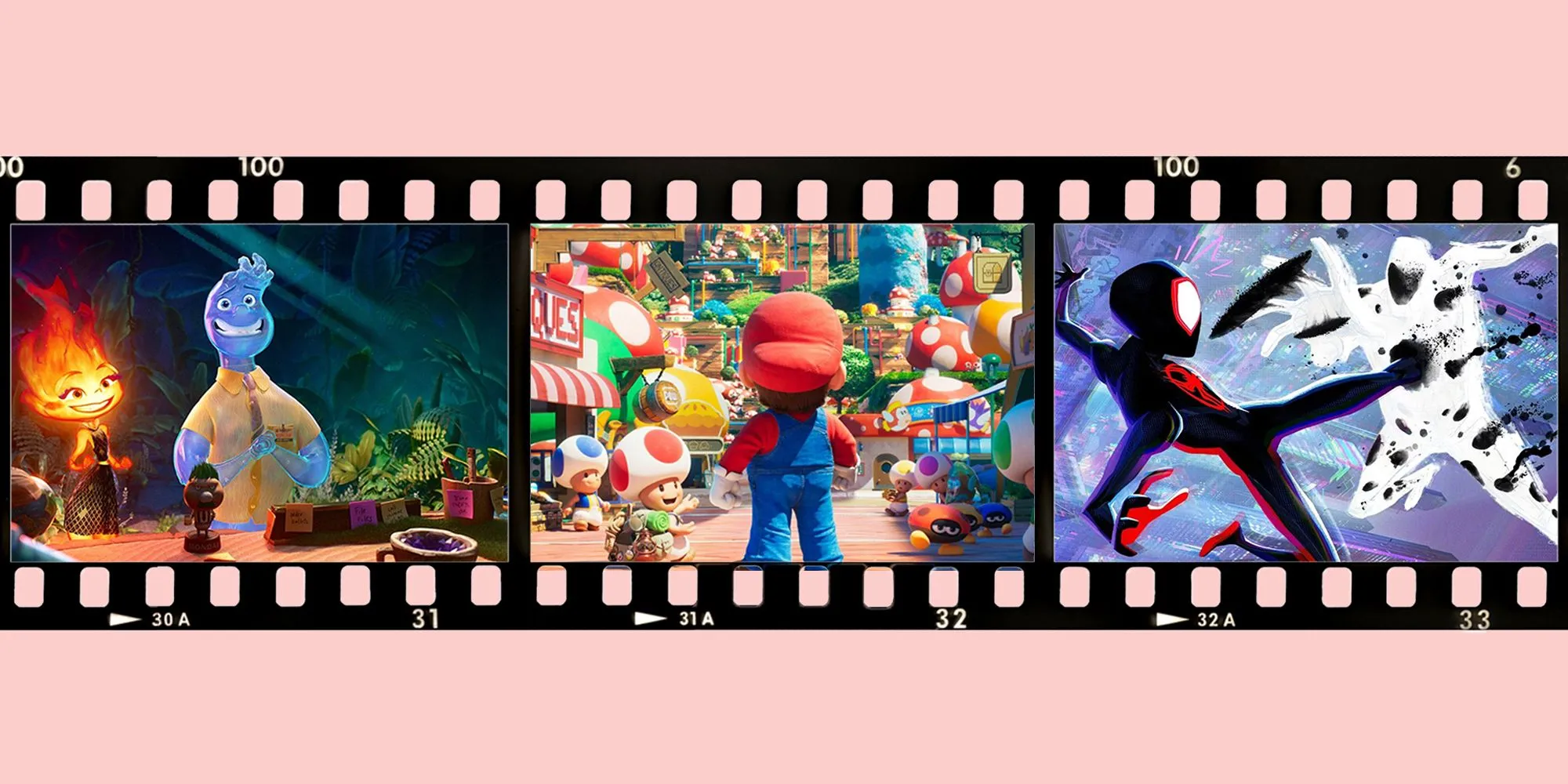In a world driven by constant innovation, changing trends, and evolving personal tastes, it’s not uncommon to find ourselves falling out of love with things we once held dear. From hobbies and interests to celebrities and brands, the phenomenon of “no longer a fan of” is a poignant reminder of how our preferences shift over time. This blog post delves into this multifaceted experience, exploring the reasons behind it, its implications, and how to navigate the emotional landscape of waning enthusiasm.
The Dynamics of Change
Human beings are naturally inclined to change. Our tastes and preferences are influenced by a myriad of factors, including age, life experiences, social influences, and cultural shifts. When we declare that we are no longer a fan of something, it often reflects a deeper change within ourselves. This change can be triggered by various events, such as a negative experience, a new perspective, or simply outgrowing a particular phase of our lives. For instance, the music we loved as teenagers might no longer resonate with us as adults because our life circumstances and emotional needs have evolved.
The Role of Nostalgia
Nostalgia plays a significant role in how we perceive our past interests. It’s a powerful emotion that can create a sense of longing for the “good old days.” However, as we grow older, our nostalgic memories often clash with our present realities. The TV shows, movies, or bands that once captivated us may no longer hold the same appeal. This disconnect can be jarring, leading to a realization that we are no longer a fan of those once-beloved things. Understanding that nostalgia is a selective memory, often idealizing the past, can help us come to terms with this change.

Shifting Cultural Landscapes
The cultural context in which we live is constantly changing. What was once popular or acceptable may no longer be so, as societal values and norms evolve. This can significantly impact our fandom. For example, certain celebrities or public figures might fall from grace due to scandals or shifts in public opinion. As a result, we might distance ourselves from them, declaring that we are no longer fans. This phenomenon highlights the interplay between personal values and the broader cultural landscape, showing how they influence our allegiances and interests.
Also Read: 8 Step to Learn How to Speak with a Gravelly Voice
Personal Growth and Development
Personal growth is a key factor in why we outgrow certain interests. As we journey through life, our experiences shape us, leading to new perspectives and priorities. The hobbies or activities that once brought us joy may no longer align with who we are becoming. For instance, someone who was an avid gamer in their youth might find that they no longer have the time or interest for video games as they juggle career and family responsibilities. Recognizing that personal growth often means leaving some things behind can help us embrace these changes without regret.

The Impact of Overexposure
In the digital age, overexposure to certain interests or celebrities can lead to burnout. The constant bombardment of news, social media updates, and marketing can make us feel overwhelmed and disenchanted. This overexposure can dilute the specialness of our interests, making us no longer fans of things we once cherished. For example, a favorite band might lose its allure if we are constantly bombarded with their music and updates. Finding a balance and taking breaks from our interests can sometimes rekindle our passion, but it can also affirm that we have genuinely moved on.
The Influence of Social Circles
Our social circles play a significant role in shaping our interests and fandoms. Friends, family, and peers can introduce us to new hobbies or sway our opinions on certain subjects. However, as our social circles change, so do our influences. Moving to a new city, starting a new job, or entering a new phase of life can expose us to different perspectives and interests. This can lead to a realization that we are no longer fans of things that our previous social circles held dear. Embracing this change as a natural part of life can help us adapt and find new passions that resonate with our current circumstances.
Emotional and Mental Well-being
Our emotional and mental well-being significantly influences our interests. Stress, anxiety, and other mental health issues can alter our perception of what we enjoy. Activities that once brought us solace might no longer a fan of provide the same comfort. For instance, someone who used to find reading a great escape might struggle to concentrate on books during periods of high stress. Understanding the connection between our mental state and our interests can help us be more compassionate with ourselves when we find that we are no longer fans of certain activities.
The Journey of Rediscovery
Falling out of love with something doesn’t always mean it’s gone forever. Sometimes, it’s a temporary phase, and other times, it’s an opportunity for rediscovery. Taking a break from certain interests can allow us to explore new hobbies and passions, expanding our horizons. Revisiting old interests after some time can also lead to a renewed appreciation. This journey of rediscovery can be enriching, providing a deeper understanding of ourselves and what truly matters to us.
Conclusion: Embracing Change
The experience of no longer a fan of being a fan of something is a natural part of life. It reflects our growth, changing values, and evolving tastes. While it can be disheartening to let go of things that once brought us joy, it also opens up new possibilities for exploration and self-discovery. Embracing this change with an open mind and a positive attitude can help us navigate the ever-shifting landscape of our passions and interests. Ultimately, it’s a testament to our dynamic nature as human beings, constantly growing, evolving, and seeking out what brings us true fulfillment.





